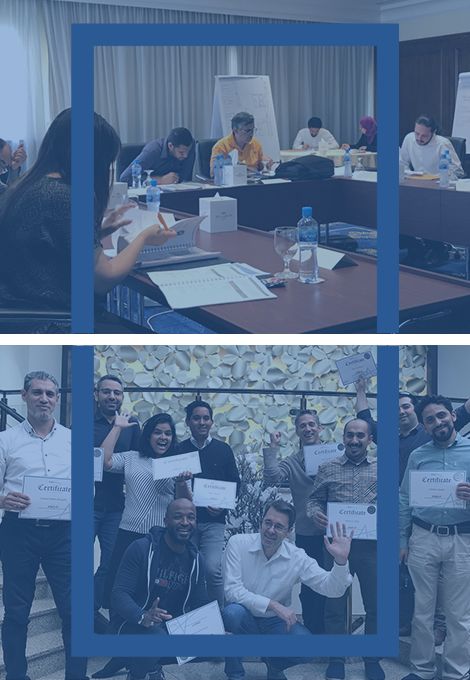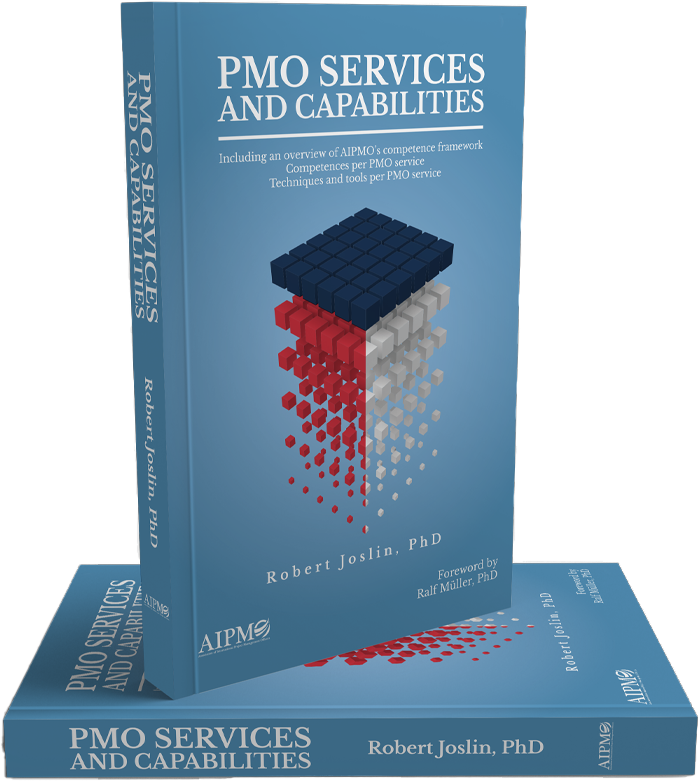IPMO-Practitioner
Building on the Foundation
Course Description
The International Project Management Officer (IPMO)® certification is the most important industry-recognized certification series for project management officers and professionals working in or associated with PMO activities and related services.
Certified IPMO Practitioners have demonstrated, through a combination of formal training and competency assessment, that they have an in-depth understanding of PMO principles and practices, including the design, implementation, and operation of a single PMO at any level or construct within an organization. This certification builds on the IPMO-F (Foundation) certification.
Since PMOs began to appear in organizations, academic researchers and project management practitioners have been asking how to best structure PMOs in terms of services, roles, governance, culture, and leadership styles to provide maximum sustainable benefit. This, in turn, drives the perceived value of PMOs across the organization.
The problem is that the majority of recommendations to date have created confusion and resulted in piecemeal approaches. Less than 33% of PMOs reach their full potential (PMI, 2013), indicating a limited understanding of how PMOs should be defined not only at the project, program, and portfolio levels but also in what they do, how they do it, and their configurations that optimally support the organizational needs of today and tomorrow. AIPMO and its partners’ experience confirms that the vast majority of PMOs are only offering about a third of the PMO services they should be offering. High-performing PMOs are more than three times as likely as their low-performing peers to reach their full potential in contributing business value to their organizations (PMI, 2013). This course brings together the latest in academic research and expert practices from international experts who have also contributed to international standards in the domains of PMOs, projects, programs, and portfolios. The IPMO-P certification will ensure that you have the competencies to bring your PMO into the high-performing PMO category.
The course covers topics of strategy formulation and execution, success factors, success criteria, PMOs and their services, assessment of the current PMO setups in terms of SWOT, and then a roadmap to strategically design and implement a PMO using an integrated approach to ensure PMO alignment with organizational objectives. The content of AIPMO’s Body of Knowledge is covered, which will comprise a series of books covering PMO Principles, Portfolio, Program, and Project Principles, PMO Techniques and Tools, PMO Services and Capabilities, plus references to other books.
As a PMO Practitioner, you will be able to design, establish, or revalue your PMO, i.e., a set of services within the context of your organization and the projects you support. You will understand the key PMO documentation, how to define and measure PMO performance, PMO success, PMO benefits, and PMO value, and link these to the latest thinking in AIPMO’s new principle-based PMO maturity model. In doing so, you will have the opportunity to find out why some PMOs might perform below expectations and learn how to improve individual and collective PMO performance in an organization to achieve the maximum sustainable benefits.
This course is also designed to be hands-on and encompasses the day-to-day operational aspects of PMOs by detailing the challenges and good practices to improve communication and optimize service utilization. You will take away key documents from the course that can be used immediately at your workplace to carry out PMO strategic and operational reviews, as well as day-to-day activities.













